Cats are curious creatures by nature, and anyone who has lived with a feline friend knows that no corner of a house is safe from their explorations. The kitchen, in particular, can be a veritable wonderland of smells, tastes, and textures. However, some of these can pose significant risks to a cat’s health and well-being. As a responsible pet owner, it’s crucial to be aware of these potential dangers and take necessary precautions. Let’s delve into the ten kitchen items you should always keep away from your furry companions.
Chocolate: A Sweet Temptation with Bitter Consequences
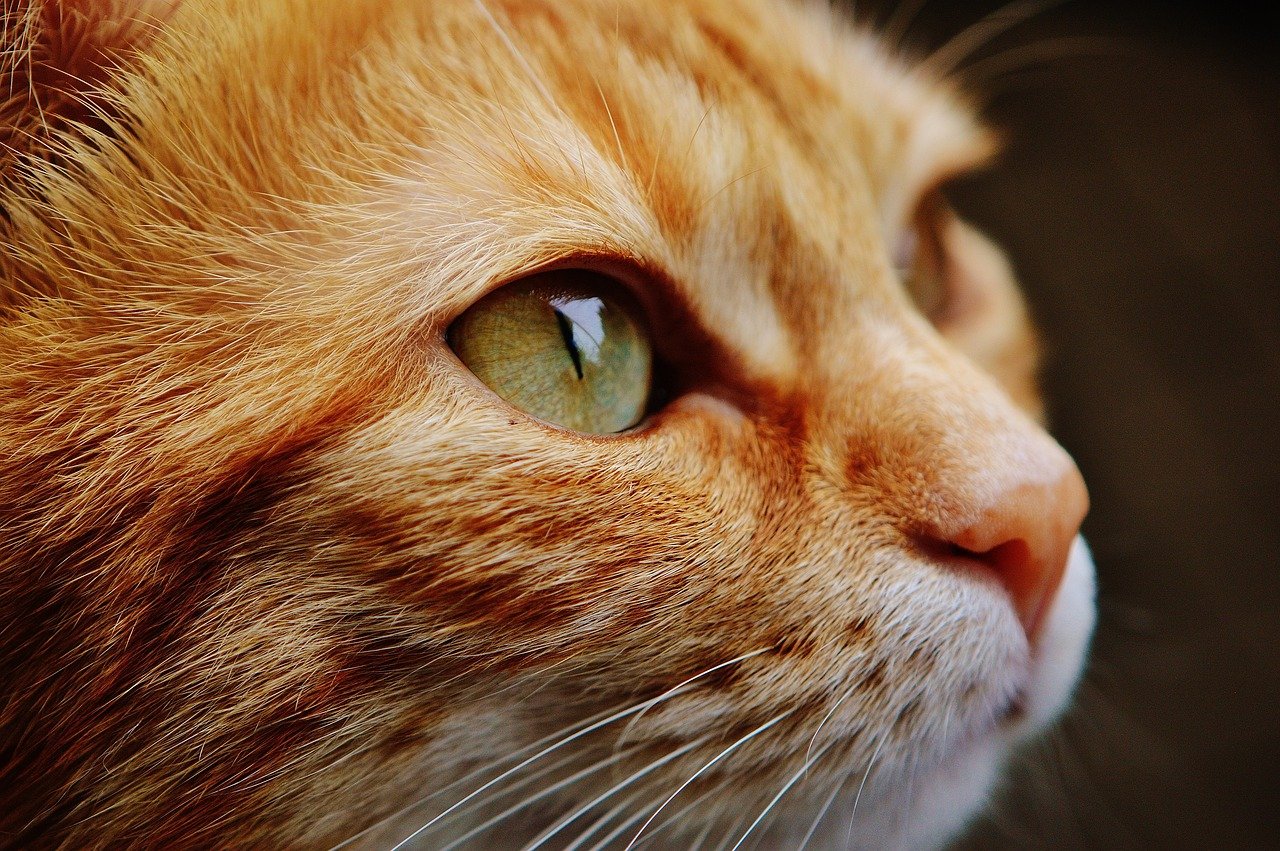
Chocolate may be a delightful treat for humans, but it’s a toxic hazard for cats. This popular sweet contains theobromine, a compound that can cause severe health issues in cats, such as heart problems, muscle tremors, and seizures. Even a small amount can lead to vomiting and diarrhea. Unlike dogs, cats aren’t naturally drawn to sweets, but their curiosity might still lead them to investigate. It’s best to store chocolate in a secure cupboard, far from your feline’s reach.
Onions and Garlic: Flavor Enhancers with Hidden Dangers

Both onions and garlic are staples in many kitchens, adding depth and flavor to countless dishes. However, these aromatic vegetables contain thiosulphate, which is toxic to cats. Ingesting them can lead to hemolytic anemia, a condition where red blood cells are destroyed faster than they can be produced. Symptoms can range from lethargy and weakness to more severe conditions requiring veterinary intervention. Always ensure these items are stored securely and any leftovers are disposed of promptly.
Alcohol: A Toxic Beverage
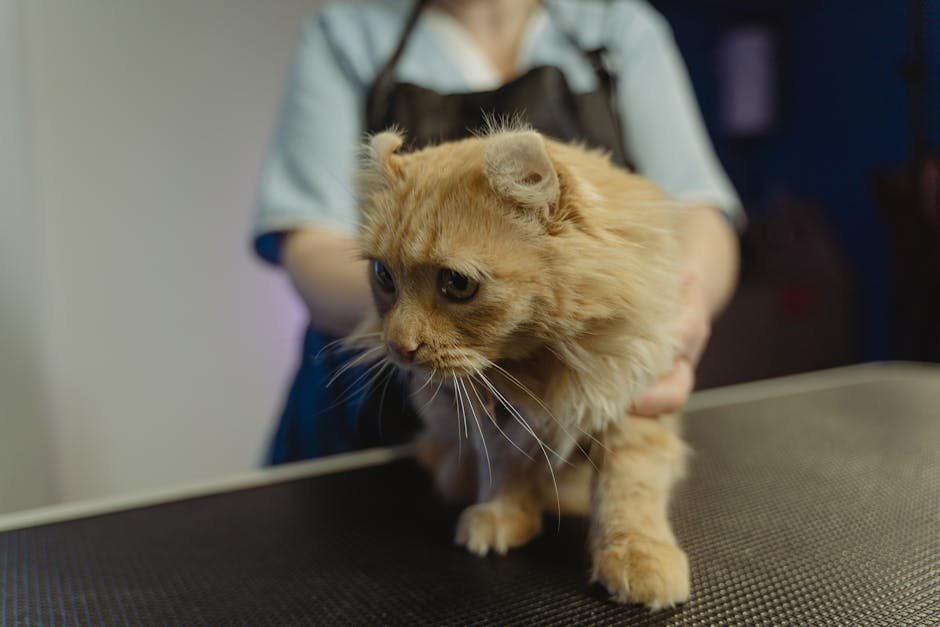
While you may enjoy a glass of wine or a cocktail, alcohol is extremely dangerous for cats. Even a small amount can lead to alcohol poisoning, which can manifest as vomiting, disorientation, and in severe cases, respiratory failure. Cats are much smaller than humans, making them more susceptible to alcohol’s effects. Ensure that any alcoholic beverages are kept well out of reach, and promptly clean up any spills before your cat has a chance to investigate.
Raw Dough: Rising Risks

Baking can be a fun activity, but raw dough poses a significant threat to your feline friend. When ingested, the yeast in the dough can ferment in a cat’s stomach, producing alcohol and carbon dioxide. This can cause bloating, discomfort, and potentially life-threatening alcohol poisoning. If you’re baking, keep your cat out of the kitchen and ensure any dough is securely covered or stored.
Caffeine: A Jolt of Trouble

Caffeine is a common household item, found in coffee, tea, and certain soft drinks. While it might help you wake up in the morning, it can be hazardous for cats. Caffeine affects the central nervous system and heart, leading to symptoms like restlessness, rapid breathing, and muscle tremors. Always keep caffeinated beverages and products out of reach, and be cautious about leaving cups or mugs unattended.
Grapes and Raisins: Tiny Fruits with Big Risks
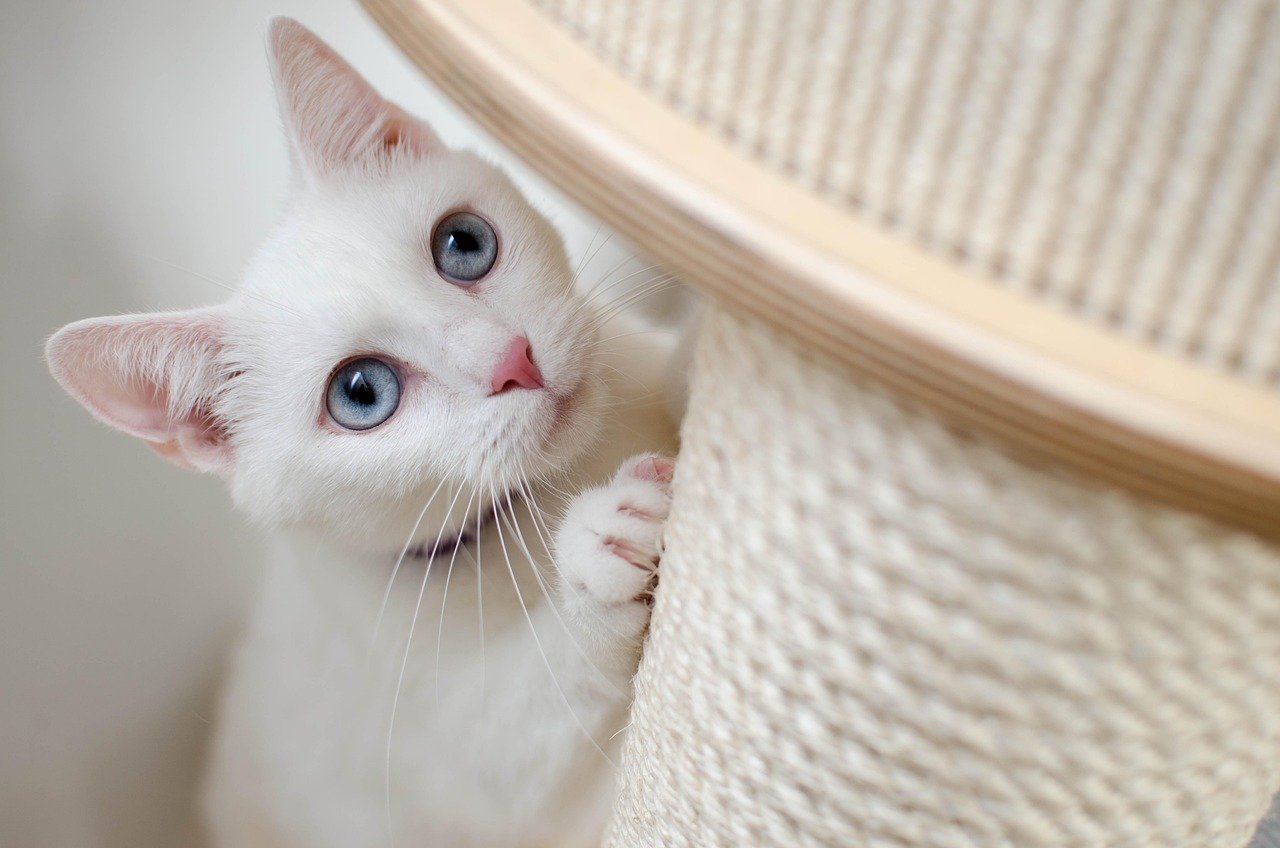
Though they may seem harmless, grapes and raisins are toxic to cats. Ingesting even a small quantity can lead to kidney failure, a severe condition that requires immediate veterinary attention. The exact compound causing this toxicity remains unknown, making it all the more essential to prevent any access. Ensure these fruits are stored securely and any fallen pieces are picked up immediately.
Avocado: A Creamy Peril
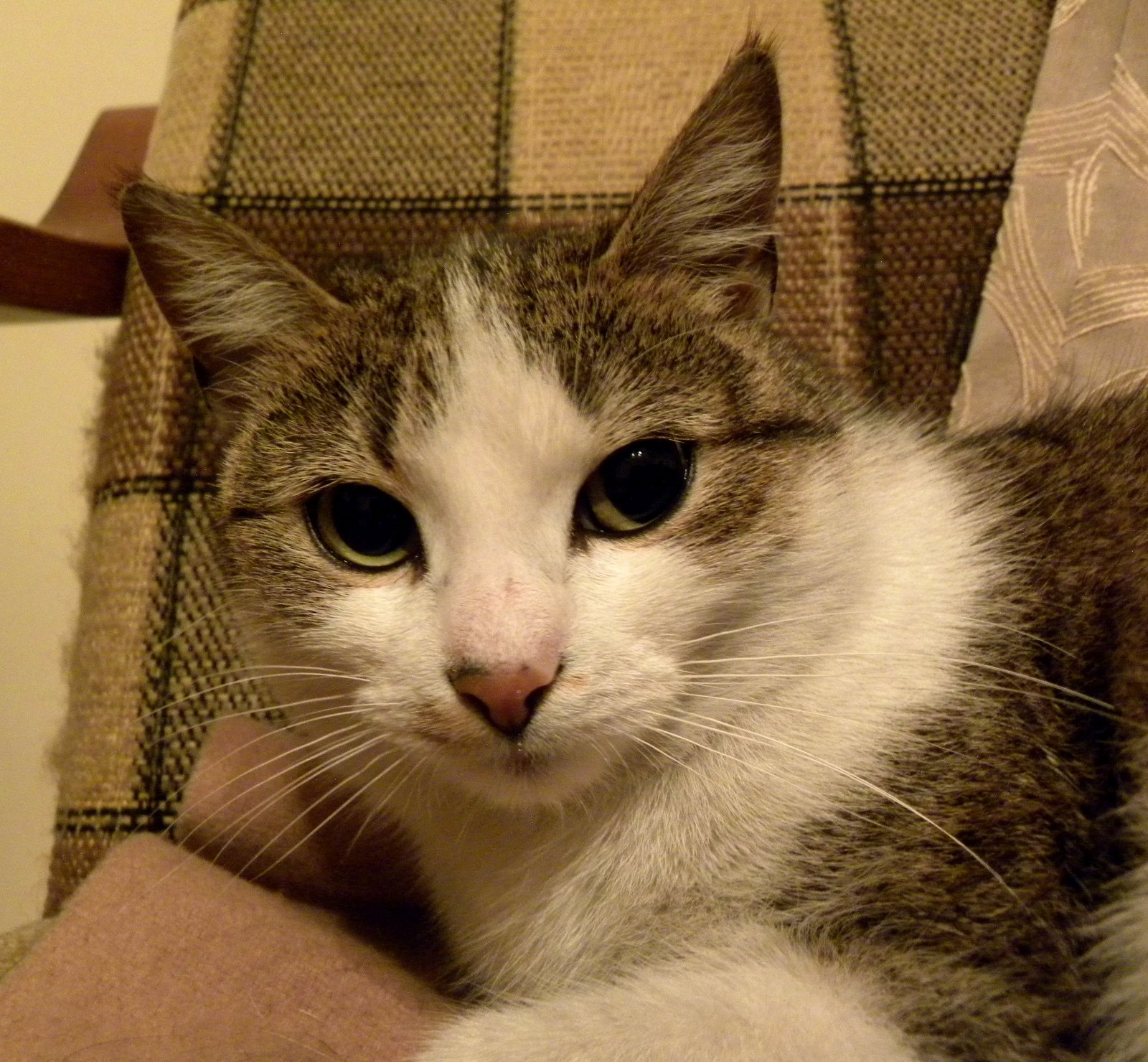
Avocado has become a trendy ingredient in many dishes, but it’s not suitable for cats. This fruit contains persin, a fungicidal toxin that can cause vomiting and diarrhea in cats. While the flesh of the avocado contains lower levels of persin, the pit, skin, and leaves have higher concentrations. Always keep avocados and avocado-based products out of your cat’s reach and dispose of any waste properly.
Fat Trimmings and Bones: A Chewy Hazard
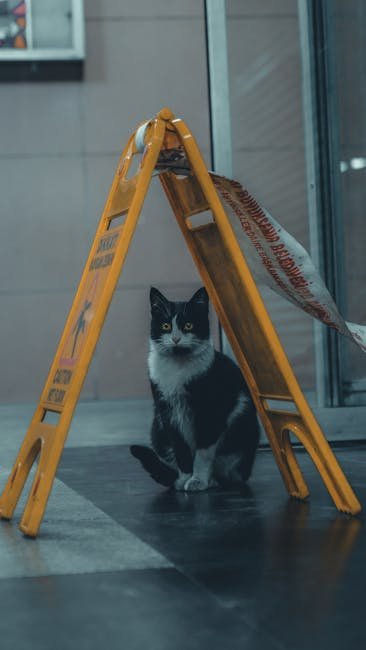
While it might be tempting to treat your cat to some scraps from the cutting board, fat trimmings and bones can be dangerous. Fat, whether cooked or raw, can lead to pancreatitis, a painful inflammation of the pancreas. Bones pose a choking hazard and can splinter, causing damage to the digestive tract. Instead of sharing these risky treats, opt for cat-safe alternatives available at pet stores.
Milk and Dairy Products: Not as Safe as They Seem
Contrary to popular belief, most adult cats are lactose intolerant. This means that milk and dairy products can cause stomach upset, including diarrhea and vomiting. While kittens may tolerate milk, adult cats lack the enzyme lactase needed to digest lactose. It’s best to provide fresh water as a beverage and consider lactose-free cat milk if you wish to treat your feline friend.
Cleaning Products: Hidden Dangers in Plain Sight
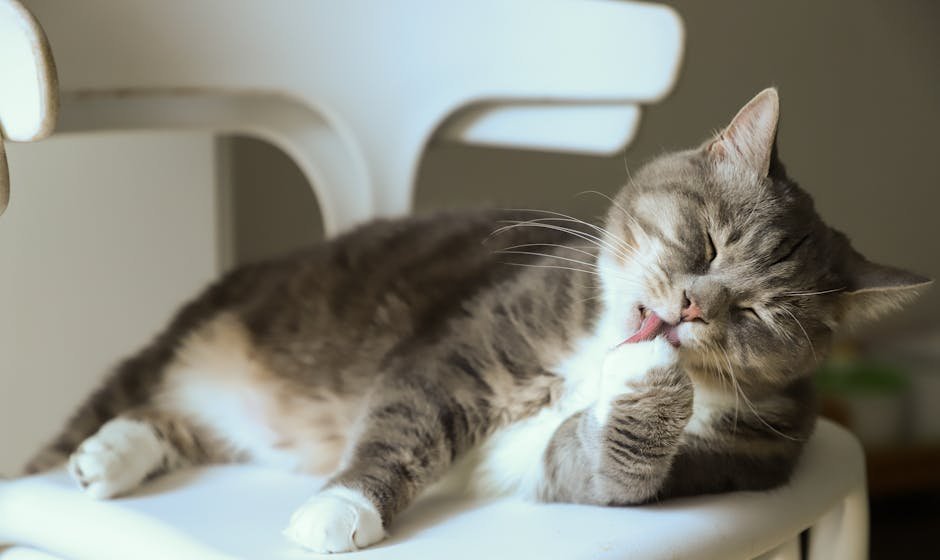
While not a food item, cleaning products are commonly found in kitchens and can be extremely harmful to cats. Many contain chemicals that can cause irritation or poisoning if ingested or inhaled. Cats are known for their grooming habits, which means they could ingest residues left on surfaces. Always store cleaning products securely and ensure that surfaces are thoroughly rinsed and dried after cleaning.
Conclusion
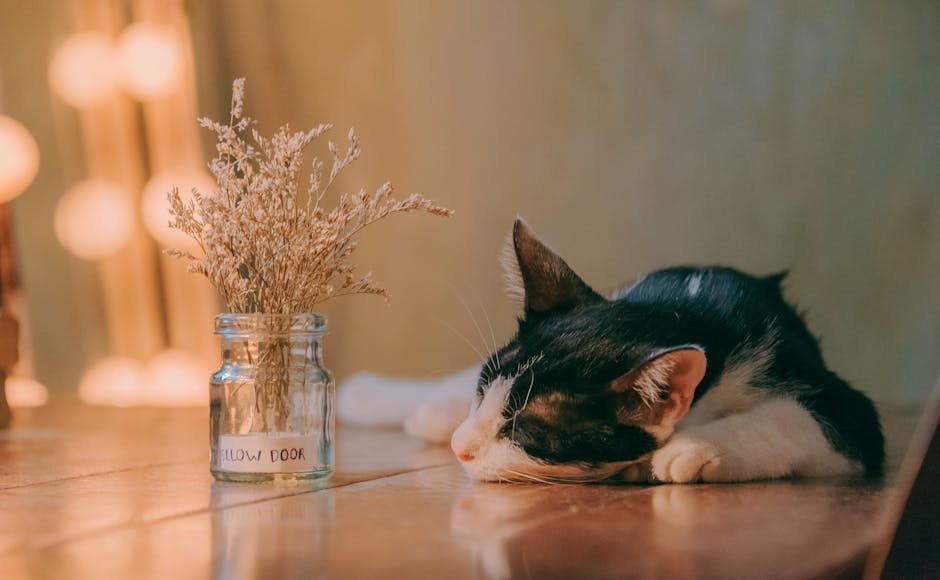
Cats bring joy and companionship to our lives, and it’s our responsibility to ensure their safety. The kitchen, while a hub of activity and culinary delights, can also be a minefield of potential hazards for our feline friends. By keeping harmful items out of reach and being aware of the dangers, you can help ensure your cat remains healthy and happy. Stay vigilant, and your furry companion will continue to thrive in a safe environment.
Hi, I’m Bola, a passionate writer and creative strategist with a knack for crafting compelling content that educates, inspires, and connects. Over the years, I’ve honed my skills across various writing fields, including content creation, copywriting, online course development, and video scriptwriting.
When I’m not at my desk, you’ll find me exploring new ideas, reading books, or brainstorming creative ways to solve challenges. I believe that words have the power to transform, and I’m here to help you leverage that power for success.
Thanks for stopping by, Keep coming to this website to checkout new articles form me. You’d always love it!






